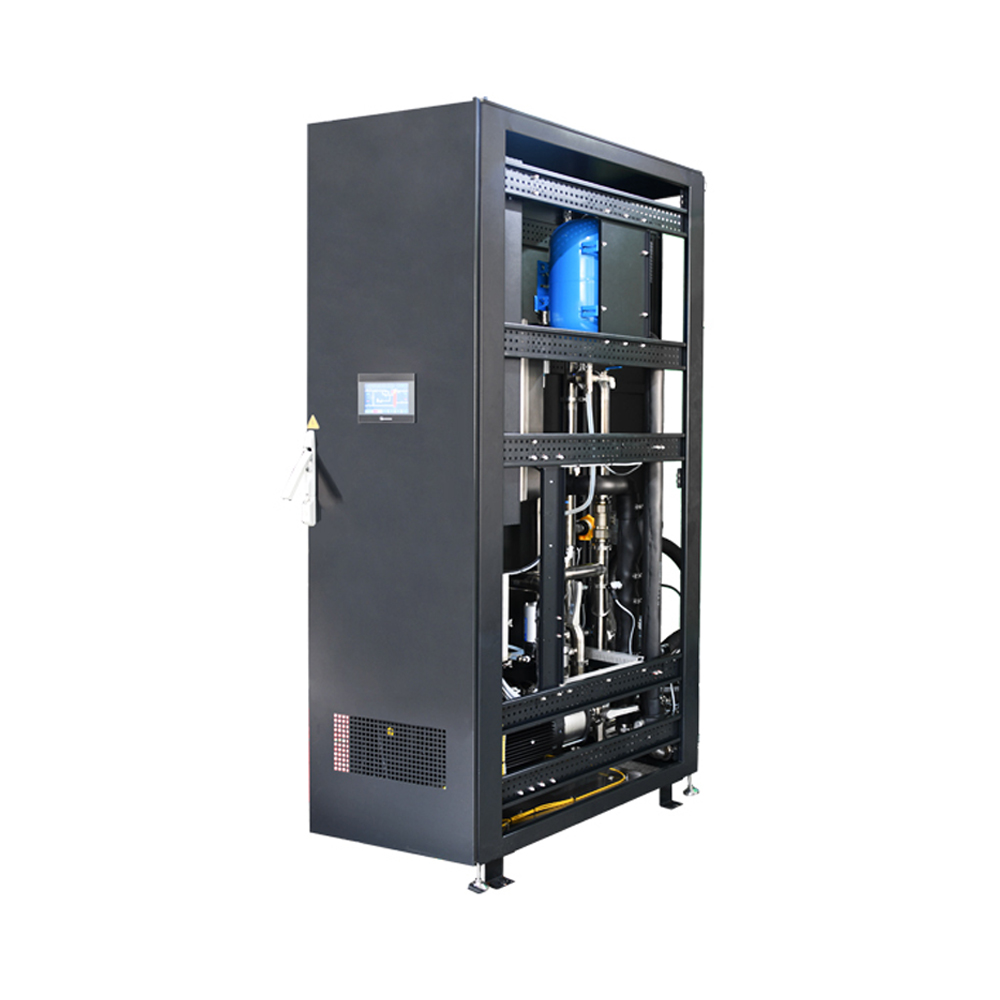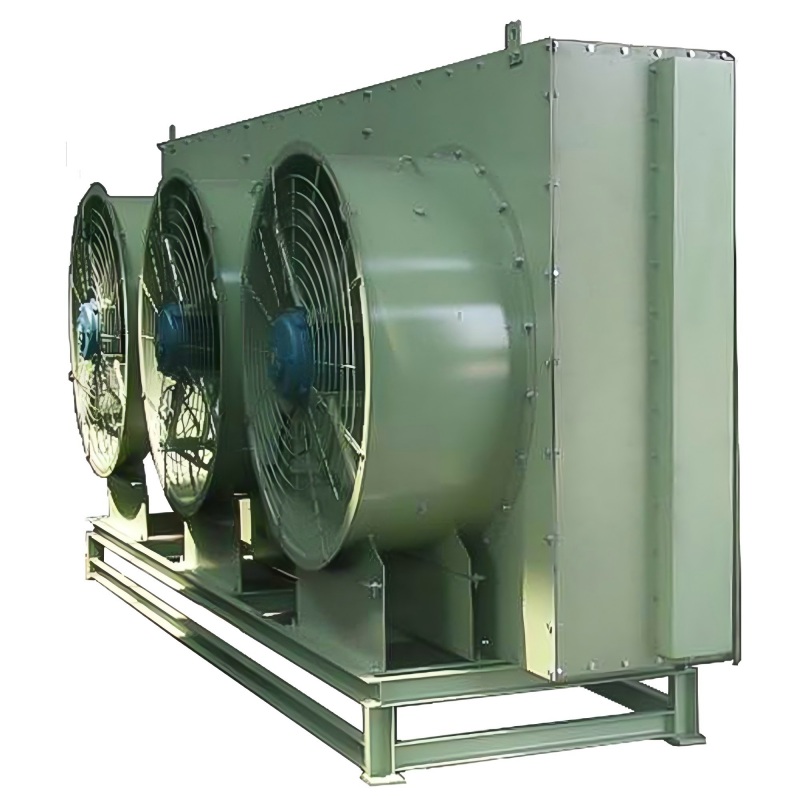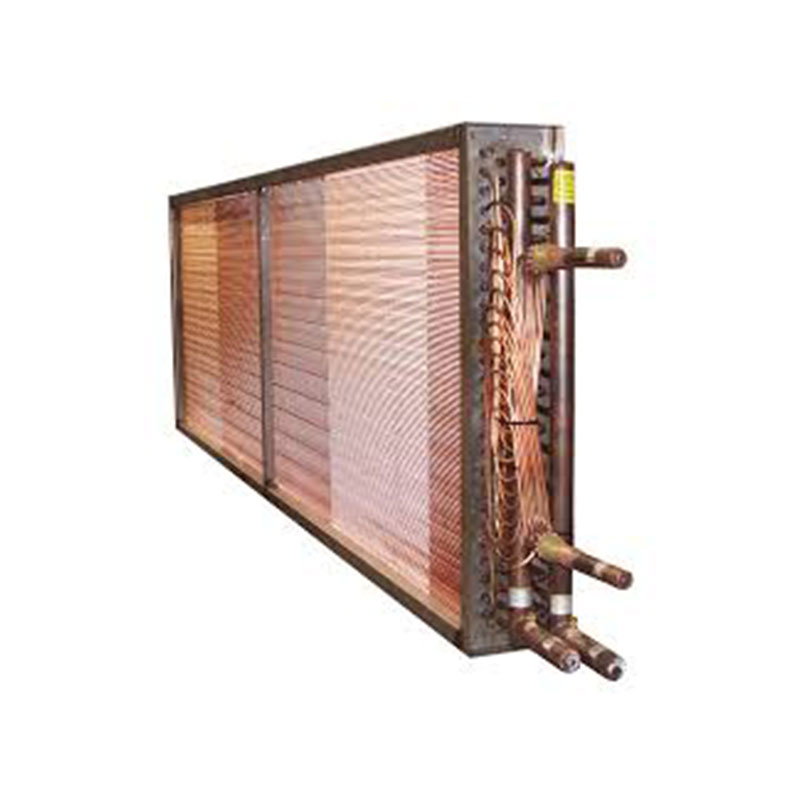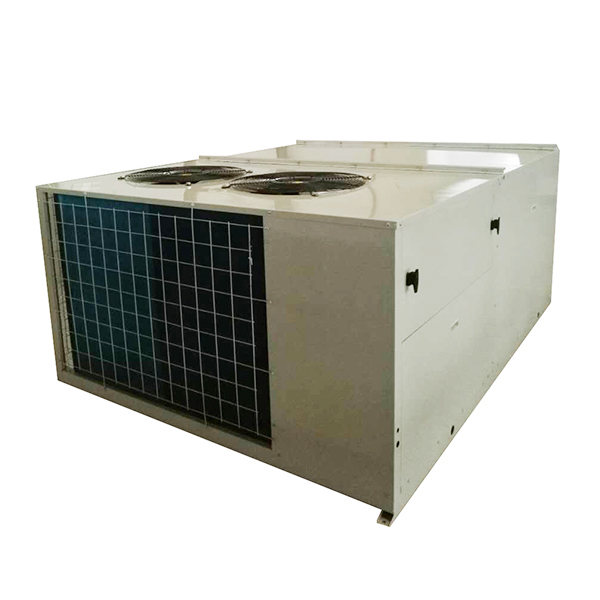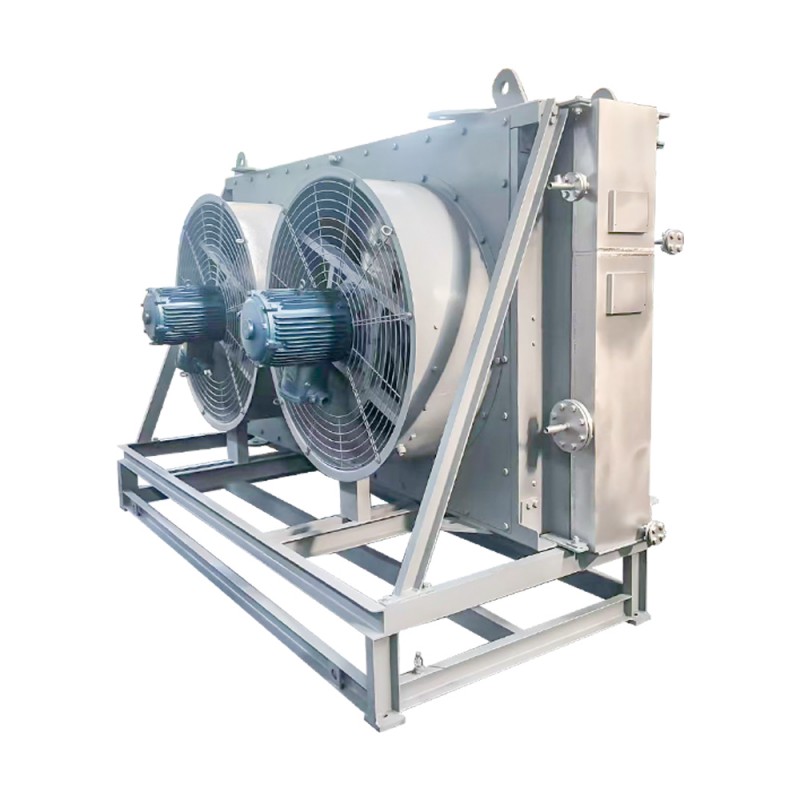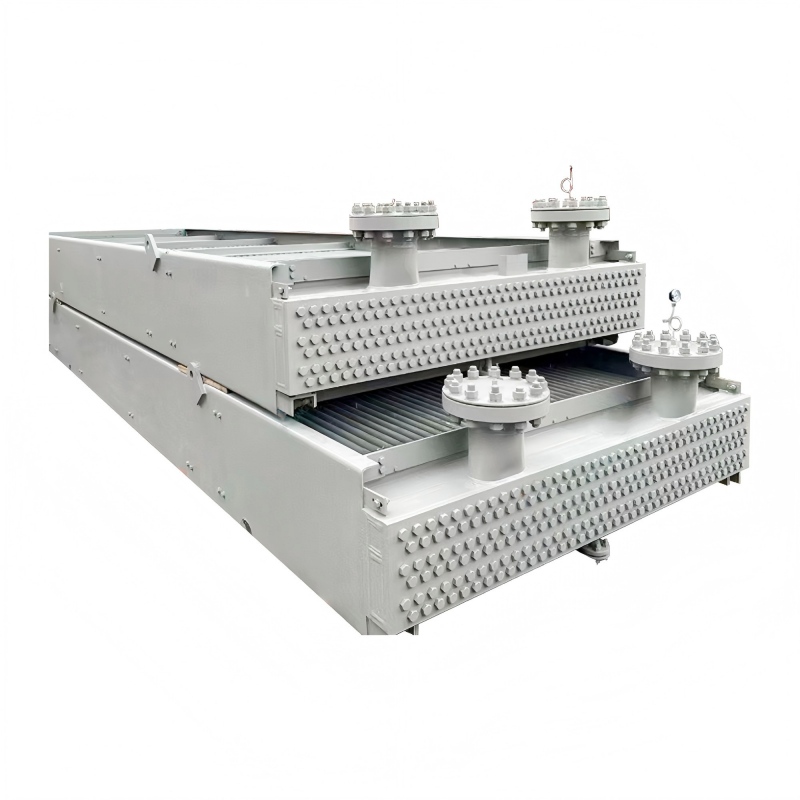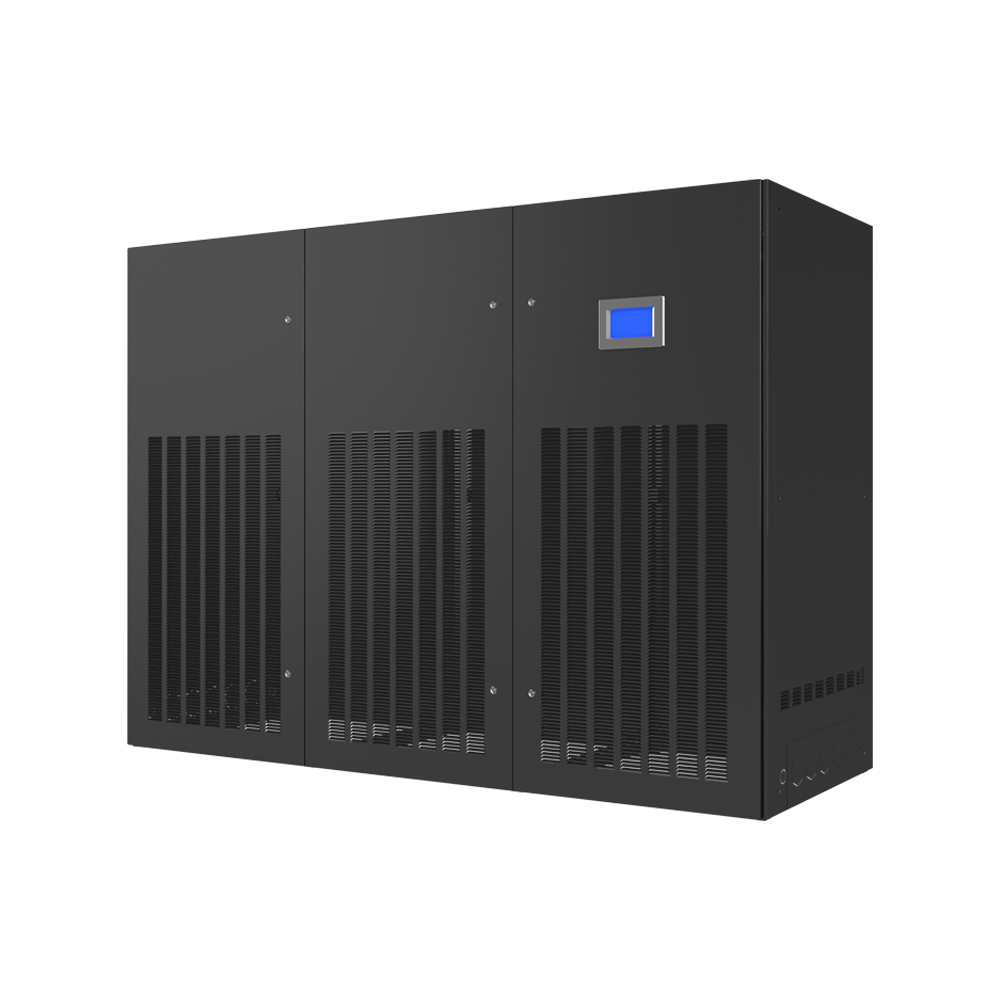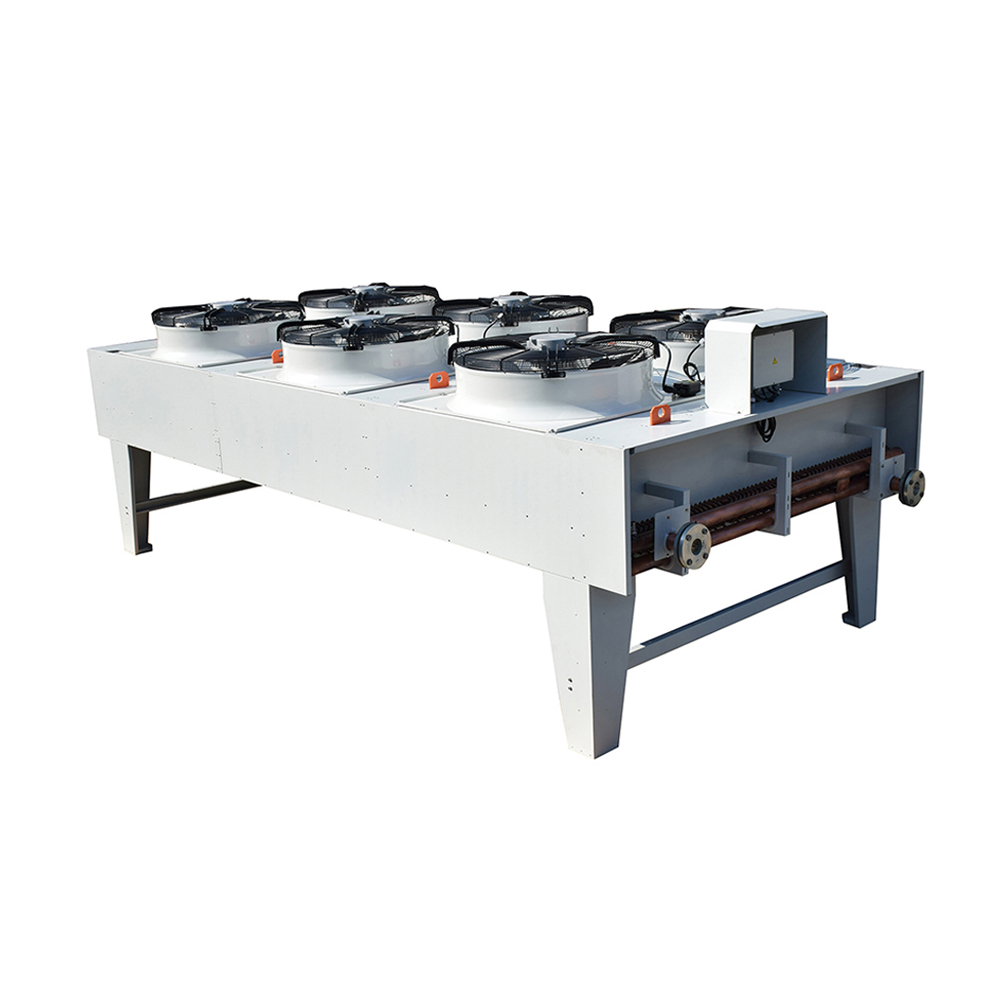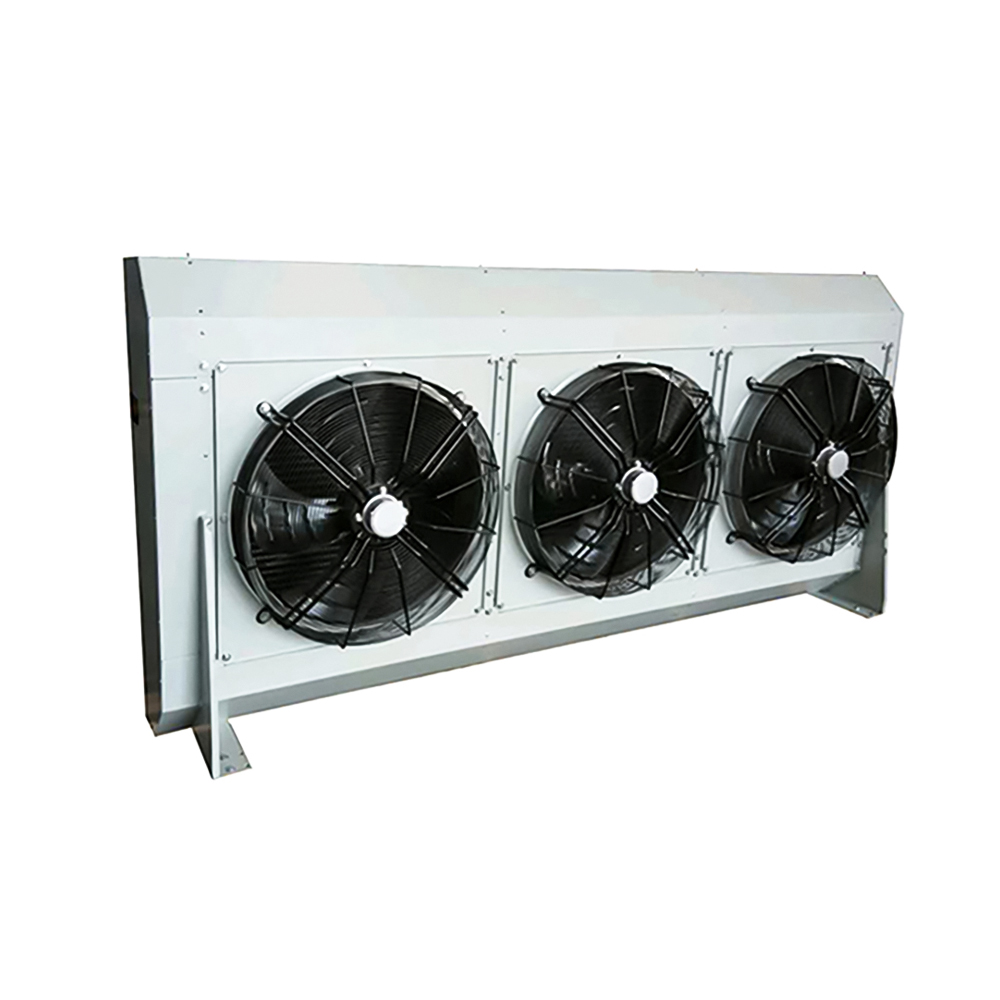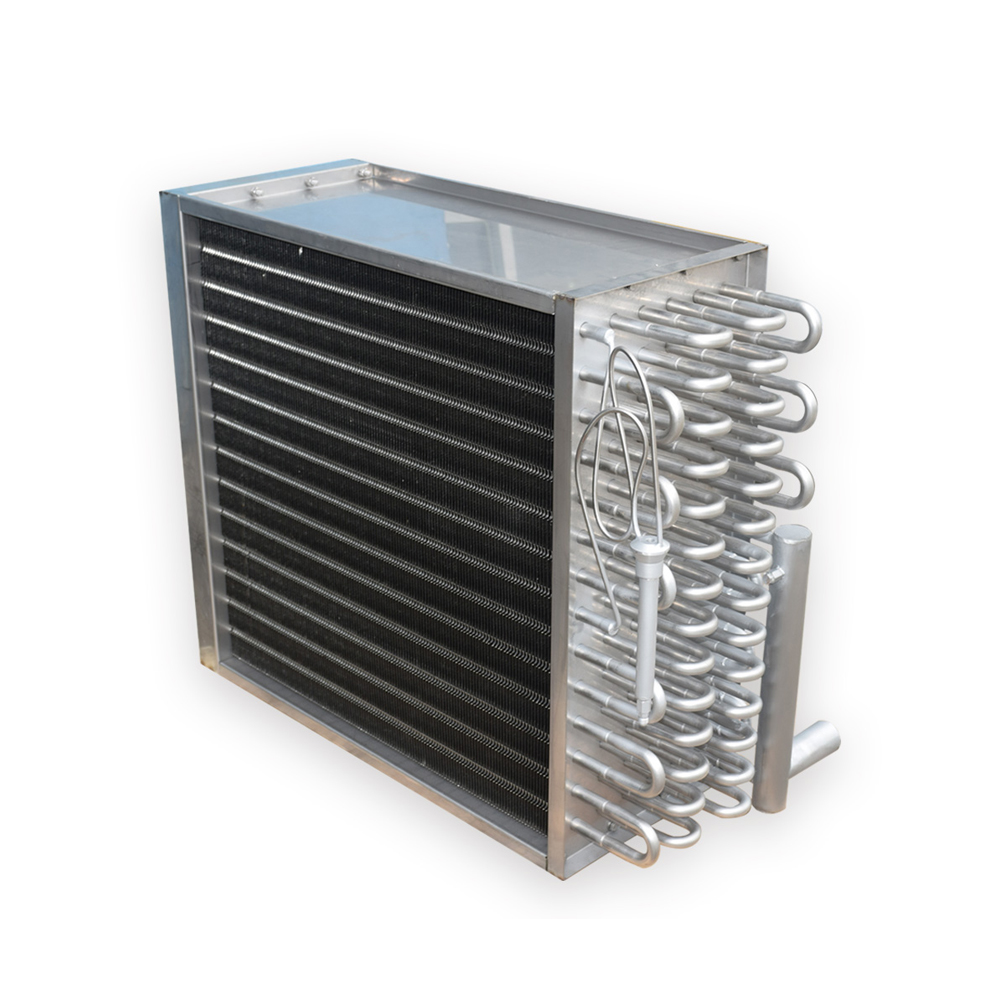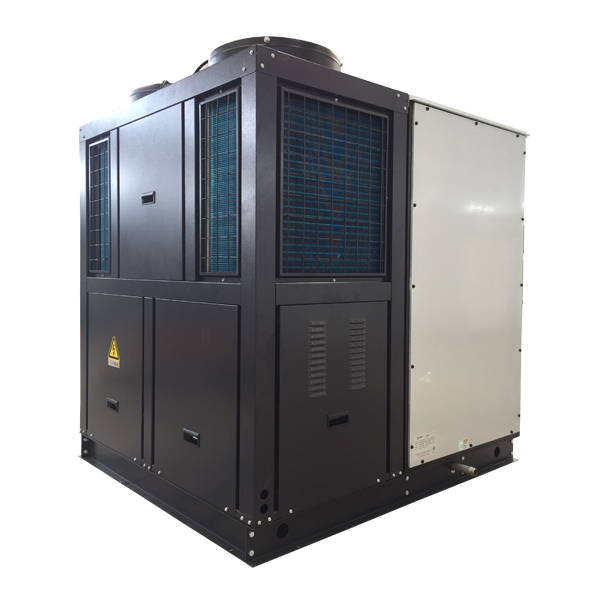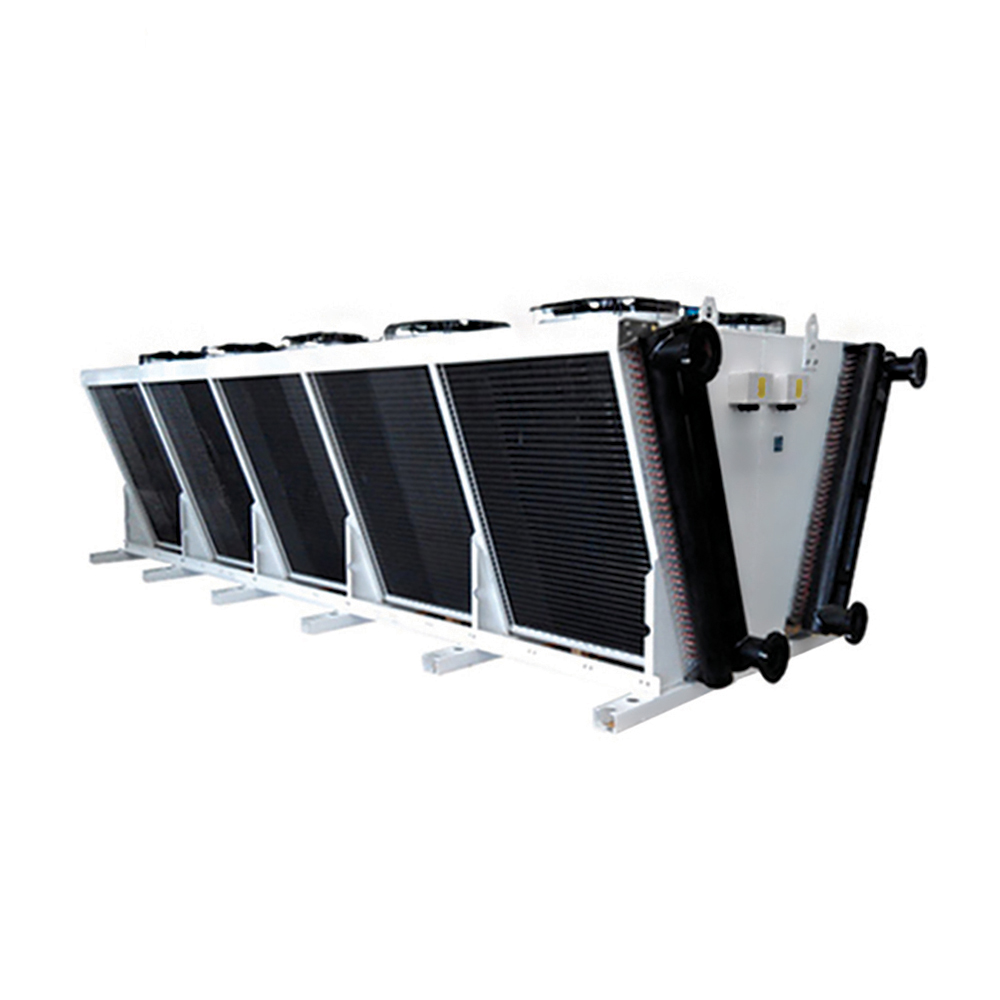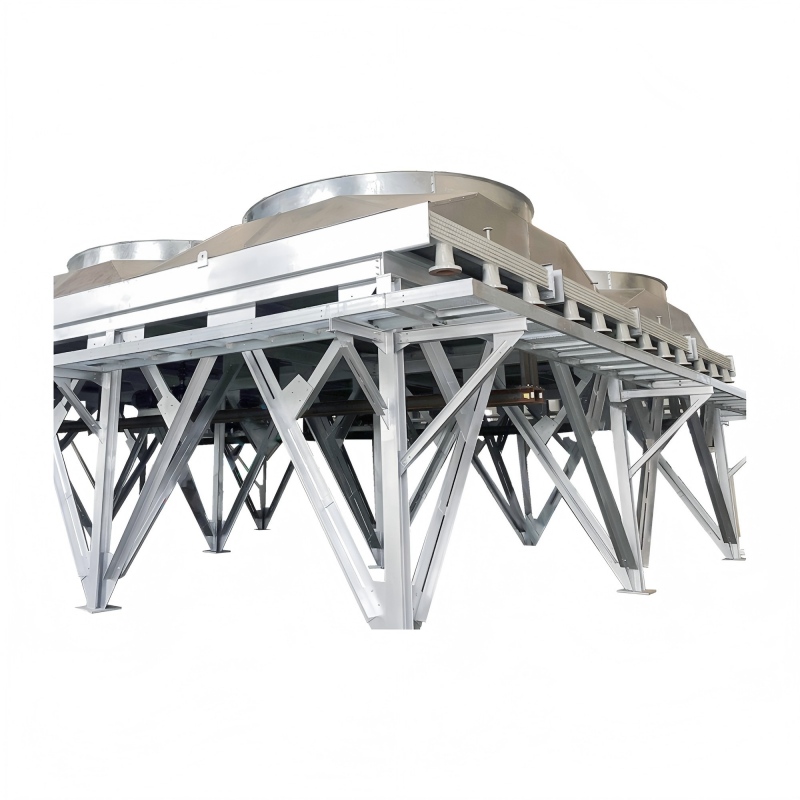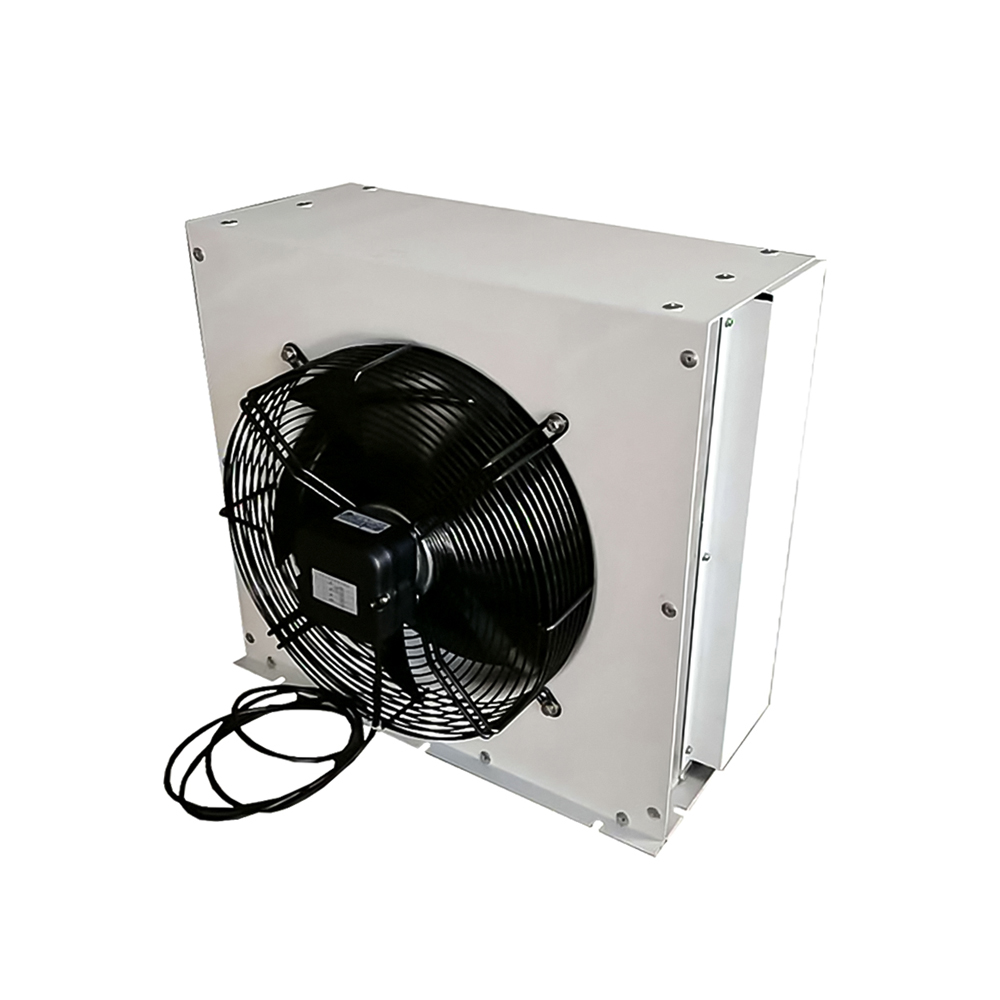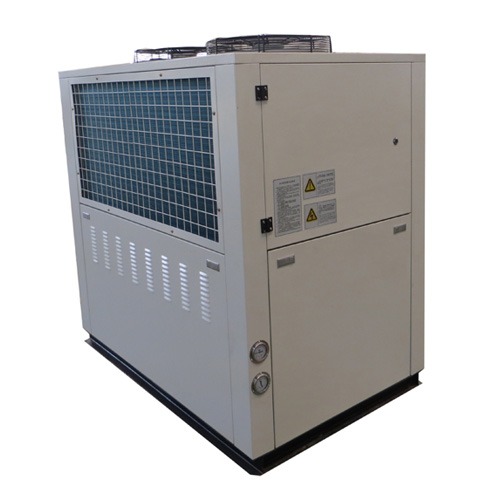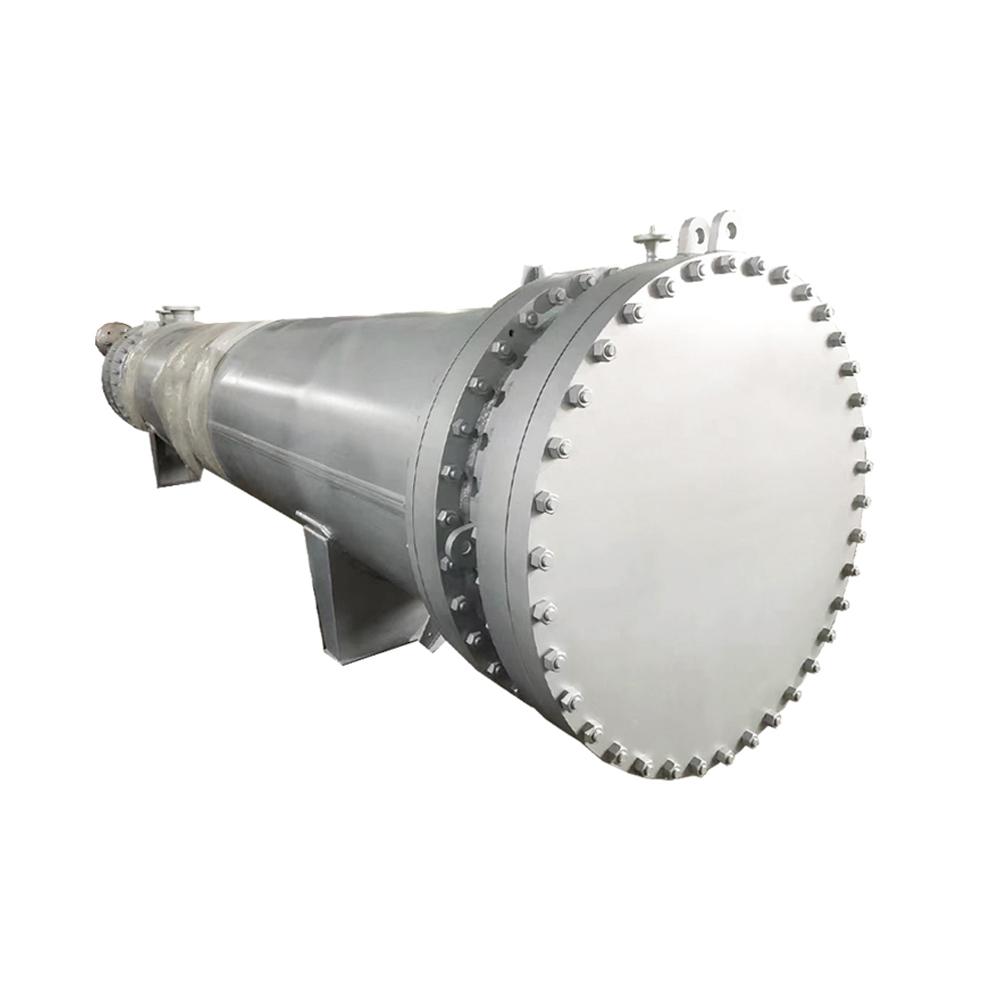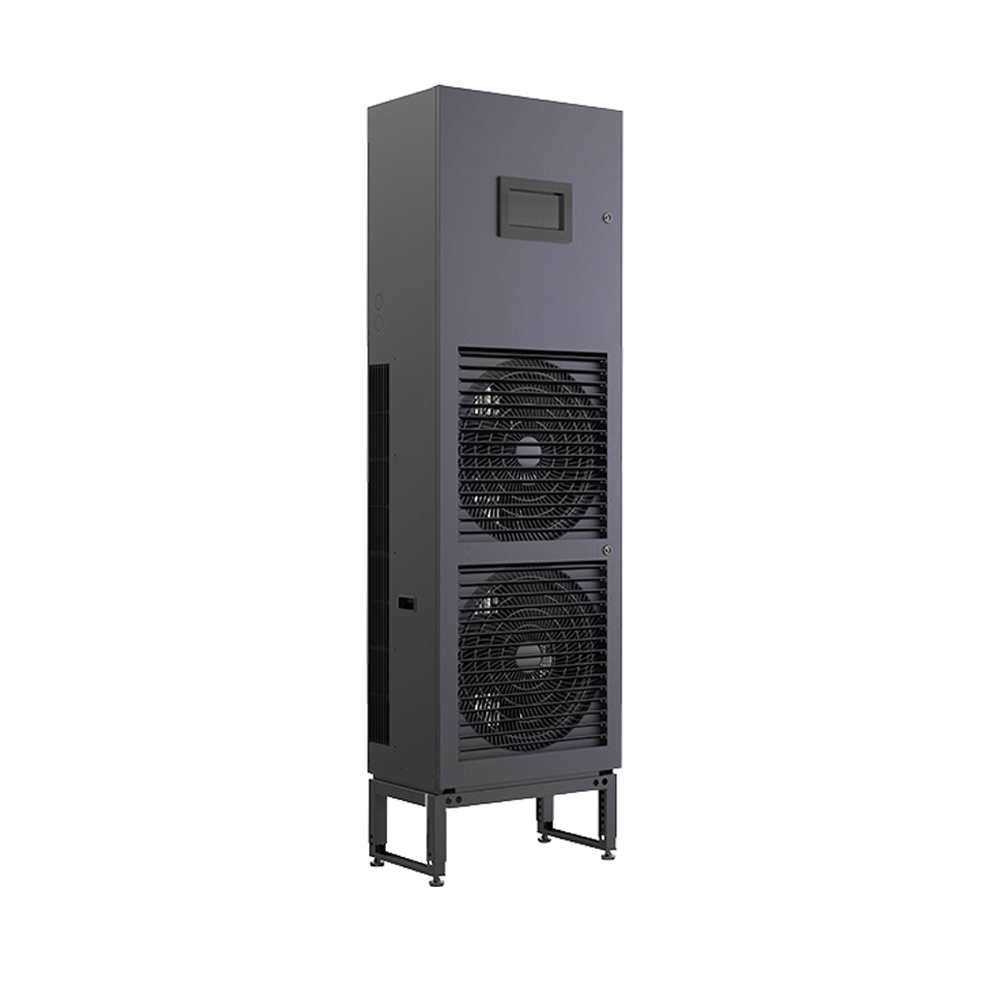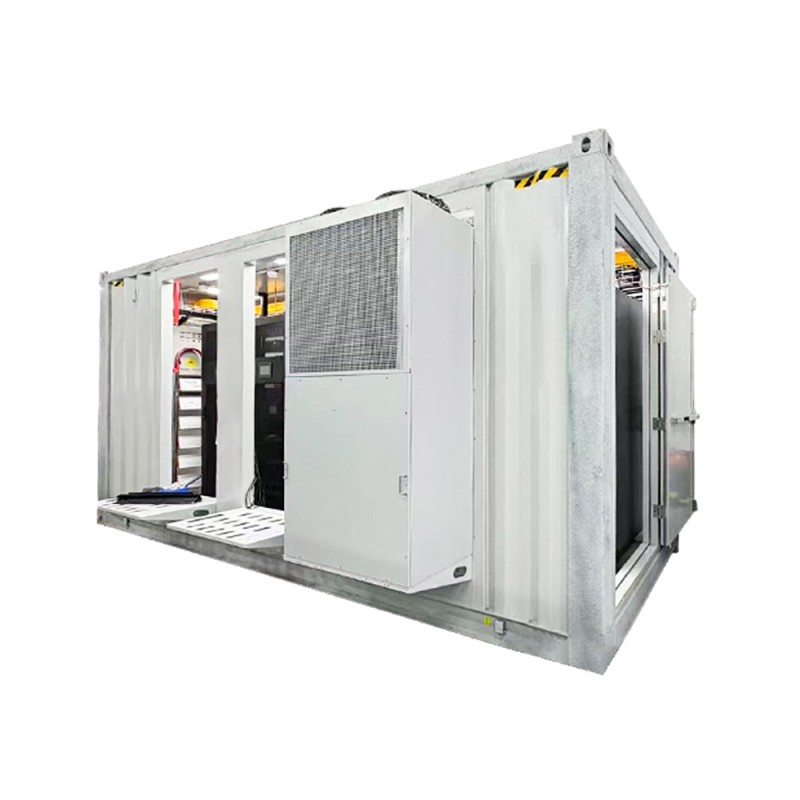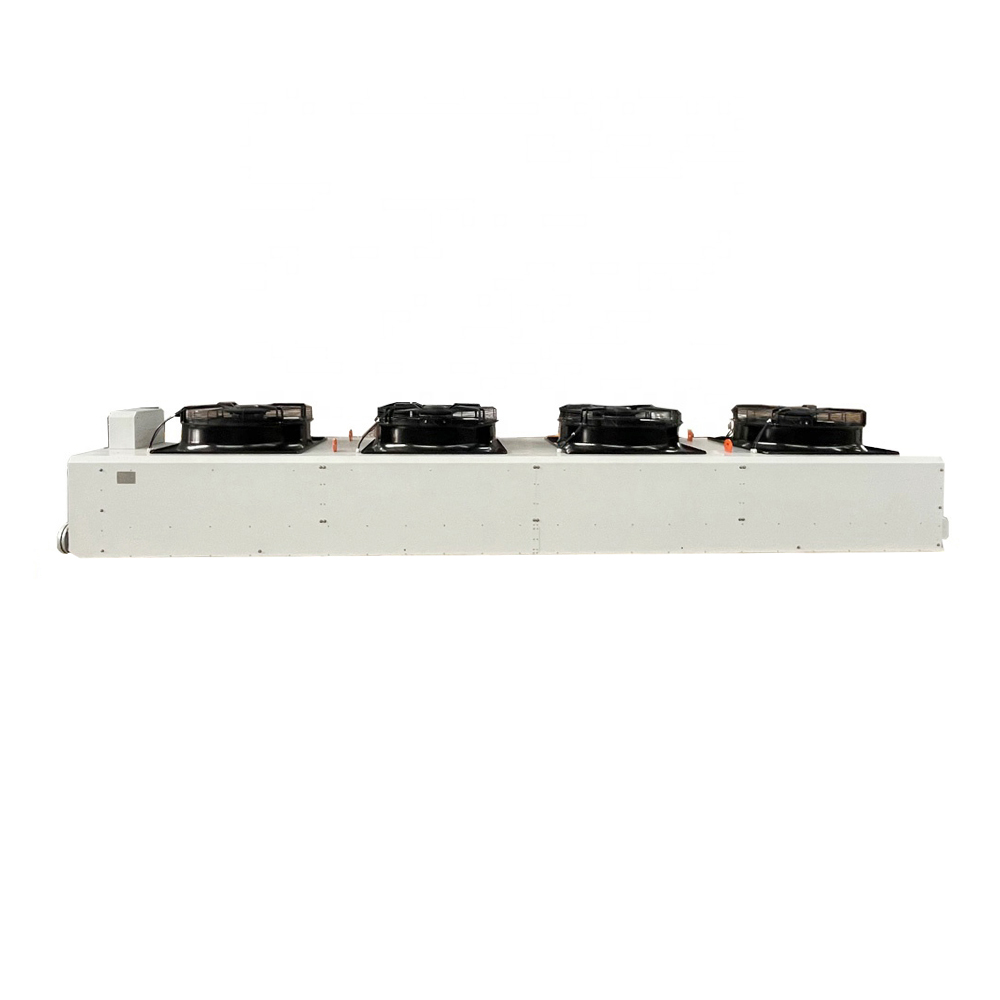Choosing the right rooftop unit can significantly impact your comfort and energy bills. This guide breaks down key factors to consider when selecting a best rooftop unit, helping you make an informed decision based on your specific needs and budget. We'll cover different types, energy efficiency ratings, maintenance, and more to guide you towards finding the perfect system for your building.
Understanding Your Needs: Sizing and Capacity
Determining the Right BTU Rating
The British Thermal Unit (BTU) rating indicates the cooling capacity of a rooftop unit. An incorrectly sized unit can lead to insufficient cooling or excessive energy consumption. Factors influencing BTU needs include square footage, ceiling height, number of windows, insulation levels, and climate. Use an online BTU calculator or consult with an HVAC professional to accurately determine the required BTU rating for your space. Remember to consider future needs; a slightly larger unit might be a worthwhile investment for long-term comfort.
Types of Rooftop Units
Split Systems vs. Package Units
Rooftop units primarily come in two types: split systems and package units. Split systems have separate indoor and outdoor units, offering flexibility in placement and often higher efficiency. Package units house all components in a single unit, simplifying installation and potentially reducing costs. The best choice depends on your building's structure and specific requirements. Consider factors like available roof space, building design, and budget constraints.
Energy Efficiency Considerations
Energy efficiency is a crucial factor in choosing a rooftop unit. Look for units with high SEER (Seasonal Energy Efficiency Ratio) and EER (Energy Efficiency Ratio) ratings. Higher ratings indicate lower energy consumption and reduced operational costs. Investing in a high-efficiency rooftop unit may result in long-term savings, offsetting the potentially higher initial cost.
| Feature | Split System | Package Unit |
| Installation Complexity | More complex | Simpler |
| Efficiency Potential | Generally higher | Generally lower |
| Maintenance | Requires access to both units | More centralized maintenance |
Maintenance and Longevity
Regular maintenance is essential for prolonging the lifespan of your rooftop unit and ensuring optimal performance. This includes regular filter changes, coil cleaning, and professional inspections. Neglecting maintenance can lead to reduced efficiency, premature failure, and increased repair costs. Consider establishing a preventative maintenance schedule to protect your investment and avoid costly breakdowns. For expert advice and service, contact a qualified HVAC technician.
Finding the Best Rooftop Unit: A Final Checklist
Before making your final decision, revisit these key considerations: BTU rating, unit type (split vs. package), energy efficiency ratings (SEER/EER), budget, and long-term maintenance plans. Thorough research and professional consultation will ensure you choose the best rooftop unit to meet your specific needs and enhance your building's comfort and efficiency for years to come. For high-quality and durable rooftop units, consider exploring options from leading manufacturers. For reliable solutions and expert support, explore the offerings of Shanghai SHENGLIN M&E Technology Co.,Ltd.
1 [Insert relevant links to manufacturer specifications or BTU calculator resources here with rel=nofollow]









